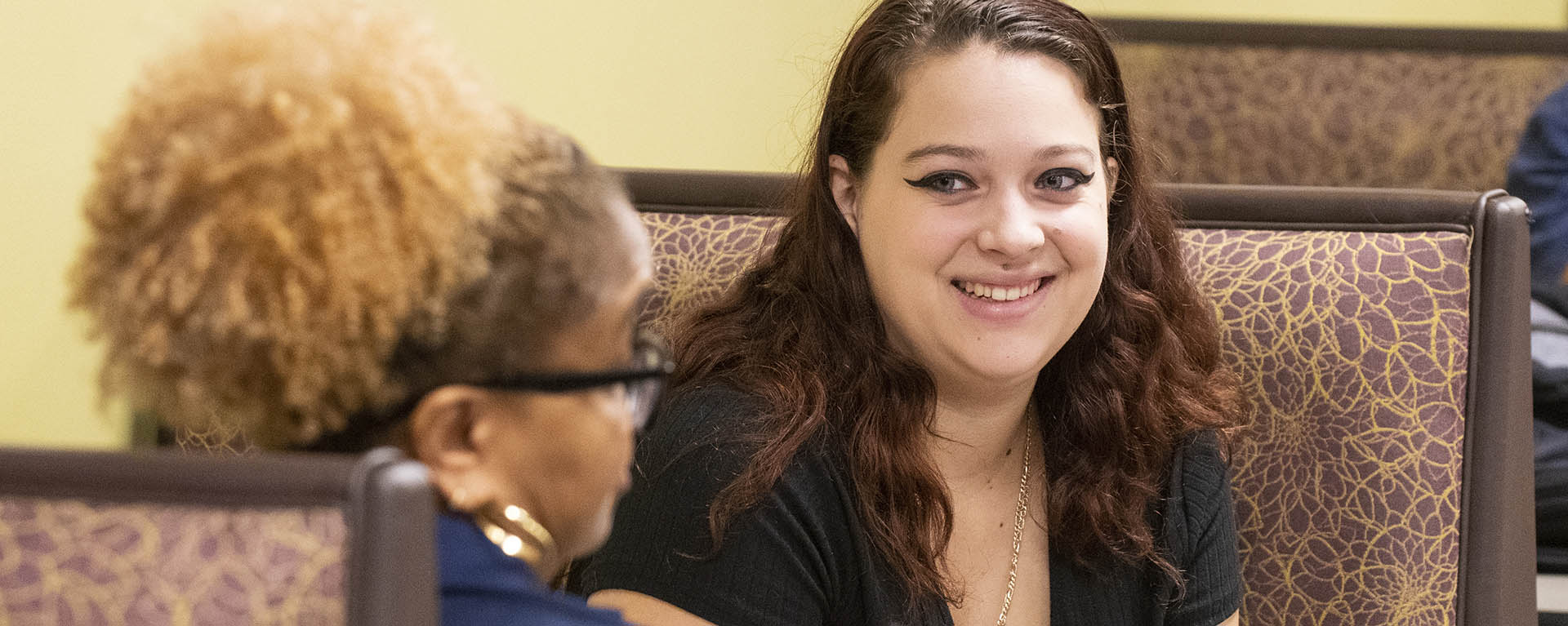
At one time or another everyone feels upset or distressed. However, there are three levels of concern which, when present over a period of time, suggest that the problems are more than the "normal" ones. It is important to consider each type of behavior in context for the individual in question. Some examples for each level of concern follow:
Troubling: causes us to feel alarmed, upset, or worried for a persons’ well-being.
- Changes in academic performance in the classroom
- Disjointed speech or writings
- Persistent sadness or unexplained crying
- Change in patterns of social interaction
- Changes in physical appearance or personal hygiene
- Problems concentrating & remembering things or making decisions
Disruptive: interferes with or disrupts the educational process of other students or the normal functions of the University.
- Vague threats to self or others
- Demanding, verbally abusive, or intimidating behavior
- High levels of irritability or inappropriate excitement
- Loss of contact with reality (seeing hearing things that are not there, beliefs or actions at odds with reality)
Threatening: typically leaves us feeling frightened and in fear for our safety or the safety of others.
- Physical confrontations or attacks
- Direct threats of harming self or others
- Displays a weapon
- Sends threatening correspondence
What Can You Do To Help
Responses to Troubling Behavior:
- Initiate a private, nonconfrontive conversation with the person about your concerns
- Identify options available to the individual and make referrals to campus resources for help
- Assist the individual with accessing the departments to which you have referred
- Make sure the person understands what action is necessary and make plans to follow up with them
Responses to Disruptive Behavior:
- Verbally ask that the disruptive behavior stop
- If behavior does not stop, ask the person to leave the area or leave yourself if necessary
- Inform person of the expected behavior changes, timeline for changes, and the consequences should behavior not change by that time
- If possible, discuss the reasons for the disruptive behavior and refer to a department with expertise in that area
- Document the interactions
Responses to Threatening Behavior:
- Immediately contact University Police at 911 or 785.670.1300
- If it involves a student, also inform the Associate Vice President for Student Life 785.670.2100
- If it involves a staff member of the University, also inform the department chair/director or Human Resources 785.670.1538
- Consult with Counseling Services to debrief and assist you once the initial crisis is resolved

